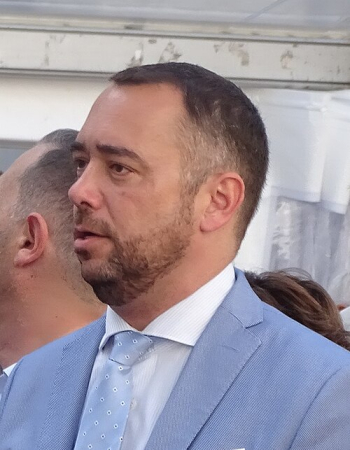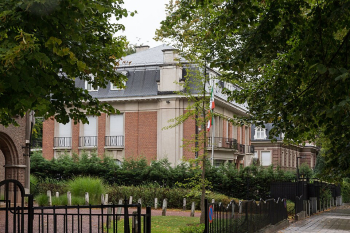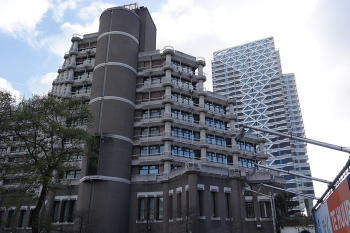
Despite another deadlock in negotiations over a new European asylum and migration policy, European Parliament President Roberta Metsola remains optimistic
that a consensus can be reached between governments and MEPs before the upcoming June elections.
Since the onset of the refugee crisis in 2015 and 2016, migration issues have caused significant divisions among EU member states. Mediterranean nations on the frontline are calling for increased solidarity, while northern destination countries argue against unrestricted migrant passage. Eastern European countries are reluctant to accept asylum seekers. Yet, member states and their citizens continue to seek a European-level solution to the ongoing crisis.
"I am optimistic because I would not be able to explain to the voters how, after a five-year legislative term, we could not find a solution to one of the best legislative proposals we have ever had on the table," Metsola expressed in an interview with several news agencies.
Metsola emphasized that migration was the central issue in 26 of the 28 EU member states during the 2019 elections. In 2020, at the beginning of the legislative term, the European Commission introduced the Asylum and Migration Pact in an attempt to establish a unified European approach. The proposal entails stricter controls, migrant registration at external borders, expedited return procedures, and various forms of solidarity in asylum seeker reception.
Although there appeared to be progress in June this year when member states reached consensus on the pact's key elements, recent disagreements have arisen among capitals regarding crisis-related regulations, stalling negotiations with the European Parliament. Furthermore, discussions with member states have hit obstacles in other areas of the pact, such as external border controls and the Eurodac database of asylum seekers' fingerprints.
With the European elections scheduled for June, the European Parliament's dissolution is set for late April. This means that bills lacking agreement could face scrutiny after the elections.
"In the end, it all depends on political will," Metsola commented. She stressed the importance of preventing obstruction by certain member states and finding a majority to resolve the legislative crisis. Meanwhile, the Belgian government is closely monitoring the situation, as it will hold the European Council presidency from January and will be responsible for continuing negotiations with the Parliament. Photo by European Parliament from EU, Wikimedia commons.
















